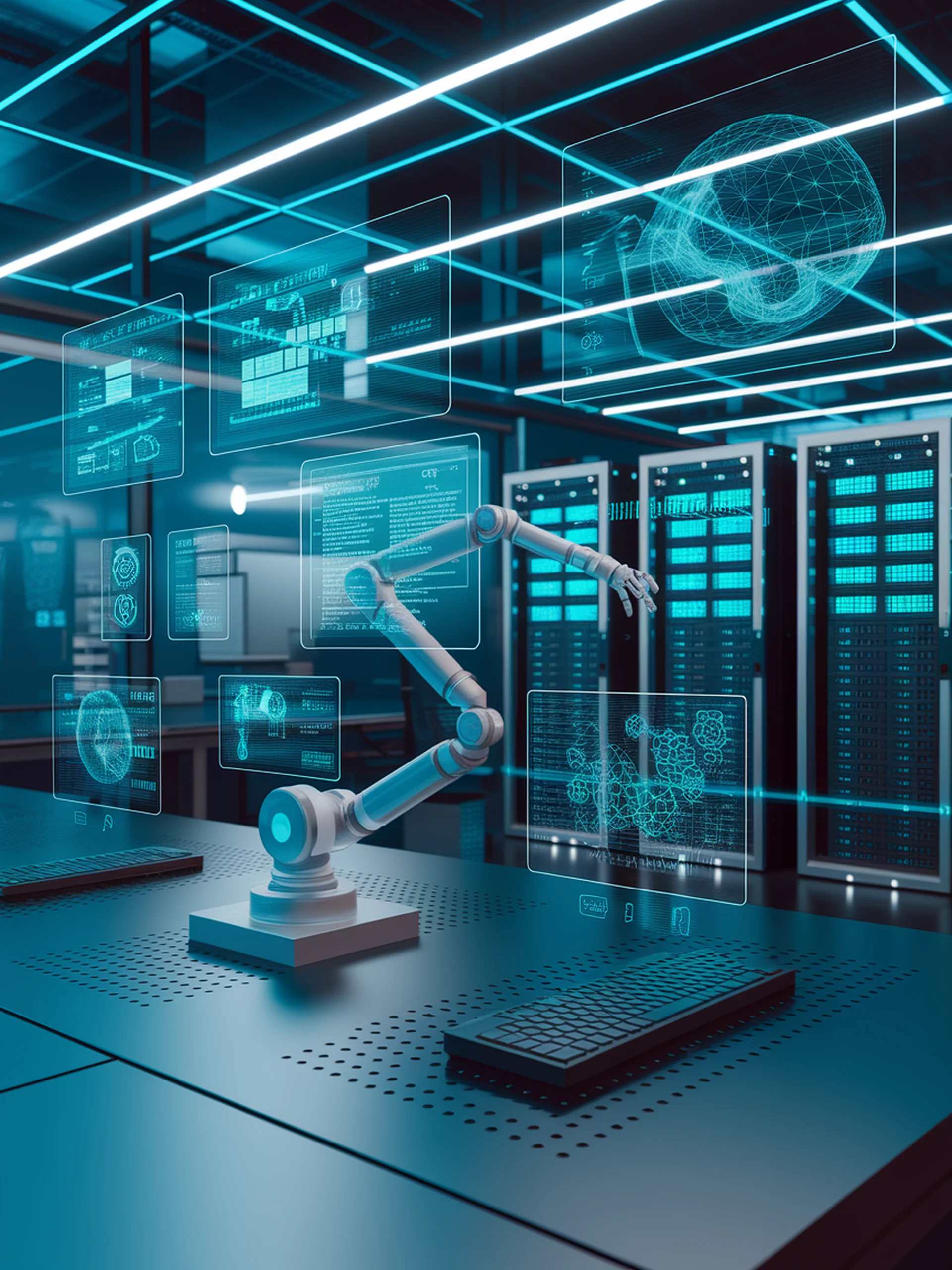
Technical Foundations of Autonomy
Building Blocks for Self-Directed AI
Advanced Reasoning Capabilities
- Chain-of-thought prompting enabling step-by-step reasoning processes
- Foundation models with larger context windows maintaining coherence over extended interactions
- Self-verification allowing agents to check their own work before taking action
Dynamic Tool Use
- Function calling capabilities for integration with external systems
- API orchestration enabling agents to leverage specialized services
- Web browsing for real-time information gathering
- Code generation and execution for solving novel problems
Adaptive Learning
- Reinforcement Learning from Human Feedback (RLHF) aligning agent behavior with human preferences
- Online learning allowing continuous improvement from new experiences
- Transfer learning applying knowledge from one domain to another
- Meta-learning or "learning to learn" for faster adaptation to new tasks
Memory and Planning
- Episodic memory storing past interactions for context
- Long-horizon planning breaking complex goals into achievable steps
- Hierarchical task decomposition managing nested objectives
- Backtracking and replanning when initial approaches fail
"By 2025, AI agents can plan, reason, use tools and perform tasks with increasing competence - for example, autonomously researching a topic online, synthesizing findings, and generating a report without explicit instructions for each step."